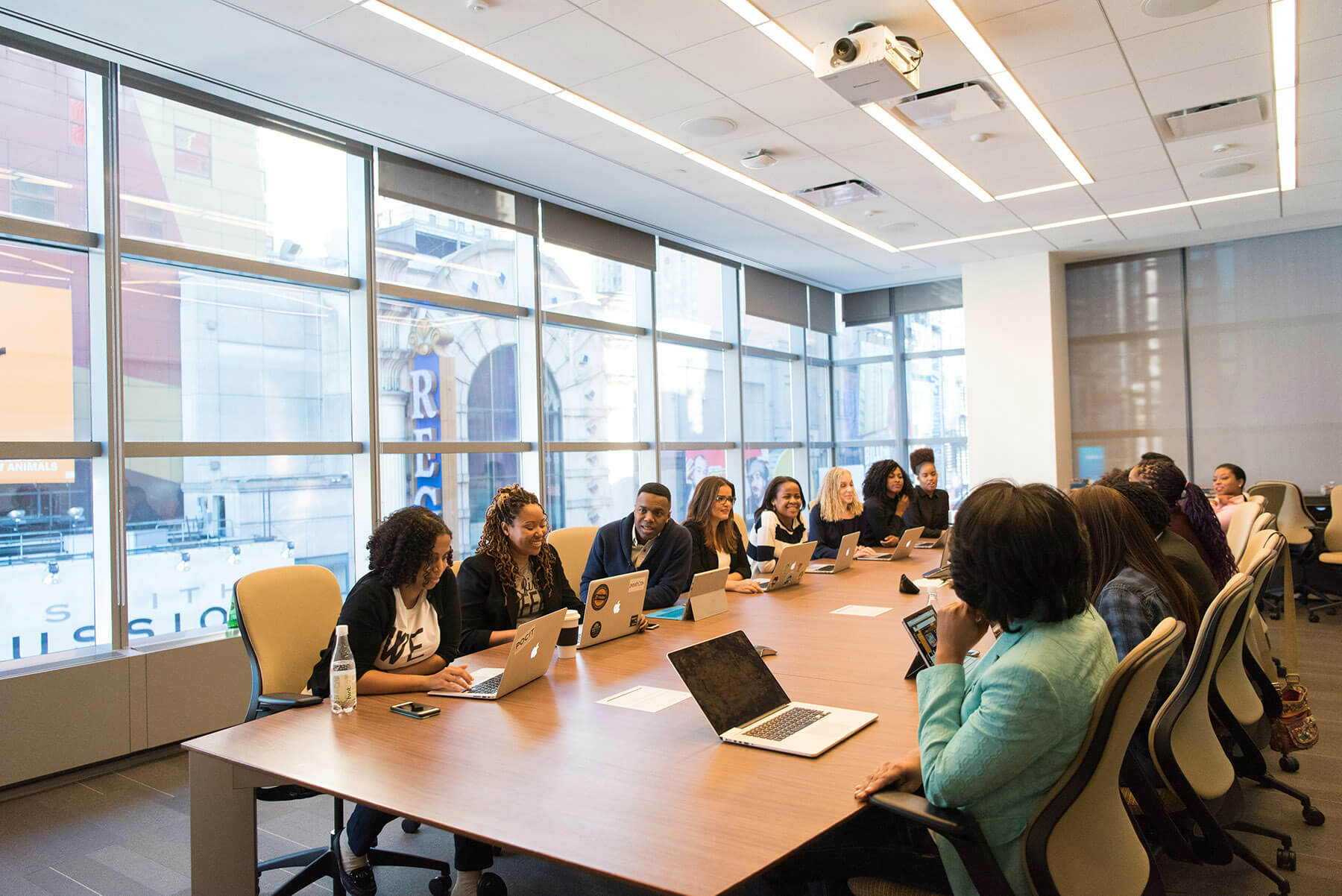IA Insights > Blog
Character of a Collaborative Leader: Courage to Speak Up
Character of a Collaborative Leader: Courage to Speak Up
On August 28th of 1963, the March on Washington for Jobs and Freedom was held in Washington D.C. to advocate for civil and economic rights and an end racism within the United States. It was here that the final speaker, Dr. Martin Luther King, delivered his historical “I Have a Dream” speech. The evening prior to the gathering, Civil Rights leaders met with President Kennedy at the White House and agreed on some additional components of Martin Luther King’s speech.
There is another name though I want to introduce who had a profound impact on what was to happen in front of 250,000 people. You may recognize the name but be unfamiliar with their incredible role within the civil rights movement.
If you listen to the actual beginning of Martin Luther King’s (MLK) address to the gathering, you will hear almost a muted response from the throng. MLK is speaking, but there is little response or reaction. He is of course delivering the speech with the agreed-upon revisions from the previous evening. Then, if you listen very carefully, a female voice cuts in by shouting out, “Tell ’em about the dream Martin! Tell ‘em about the dream!” MLK at first does not appear to heed the shouted advice. He continues with his additional remarks with the same impact on the group. The woman senses the crowd’s inattention, and she again shouts, quite audibly, “Tell ‘em about the dream, Martin!” MLK hears and heeds her this second time and proceeds to electrify the crowd, and ultimately, the world with his “I Have a Dream” speech.
The woman who heard the “cry of the crowd”, or the crowd disconnecting from the speaker, based on her intuitive skill of reading an audience, saw the need to speak up and speak out. This woman was well known to Martin Luther King. She had sung the national anthem at every major Civil Rights event for many years. She had sung at President Kennedy’s inauguration, and she would sing at Martin Luther King’s funeral. Her name was Mahalia Jackson (1911-1972).
In a moment of crisis, at a strategic juncture, Mahalia Jackson went beyond her normal role of singer and supporter and became the leader. In that moment, she was the leader of the leader of the movement. She heard the unspoken mood of the large gathering, sensed the need to articulate what she saw, and then DID something by shouting out. And of course, she ended up facilitating the teaching of millions of human beings, including myself (who was introduced to MLK as a young boy in a religion class in Dublin, Ireland in 1964, when my teacher played a recording of the speech).
Mahalia Jackson’s awareness of the crowd and her courage reflected the character she possessed to demand the attention of MLK, save the day in the moment, and alter history by so doing. We do not know what would have happened had she chosen to not speak up. However, what we do know is that she had an awareness of the crowd and was with them as they waited to be inspired by their beloved pastor-leader. Mahalia Jackson facilitated a change in mood and a transformation of this historic moment that continues to impact the values of the world and ripple through our consciousness today.
We are each called to do the same, by being courageous people who are changed and who are charged to lead. You are called to use your voice and speak with courage in order to direct and focus a movement, a department or a group to make a difference.
Have you spoken up in a courageous way? Or, have you missed an opportunity? Reflect on a moment that you missed an opportunity to let the “Mahalia Jackson” in you shine. Ask yourself the following questions:
- What was the feeling when I did not speak up?
- What momentum was not created by my silence
- What prevented me from speaking?
A situation like this will come around again, so you want to be prepared. Spend a little time reflecting on your answers to these questions. In doing so, you can resolve how you will act differently the next time a moment like this arrives. The world awaits your courage.
One more thing—when you speak a new truth in any environment- you will inevitably raise tension in people around you. You must prepare for this and hold the tension raised for the people who are responsible for leading. Allow people some space to be altered by what you say and do. And then, allow them time to do their own work on how they will move. As a leader you will be truthful and will thereby engender trust. Mahalia was giving advice to one of the greatest orators to ever live about what to say and how to say it. Having raised the tension, she held it, and kept it out there until he was altered by what she said. Dr. King for his part, listened, took the advice, and changed his speech, saving not only the day but altering the frame of civil rights for countless people around the globe in that moment and ever since.
Interested in learning more about becoming an effective leader? Check out our upcoming Public Workshop: Facilitative Leadership®. Take your leadership skills to the next level with an award-winning program.
About Michael J. Reidy
Michael has more than 25 years of experience in consulting and responding to the learning needs of adults in the technology, biotech, power, health care and financial services industries. Michael's interest is in adult education, and his belief is that the workplace has become the 'third place' of learning and development for the 21st century. Michael holds a master's degree in Public Administration from the HKS, Harvard University, and is a Board member and owner of Interaction Associates. Among his publications are "Principle and Profit-Corporate Responsibility in Ireland" and "Active Listening in a Virtual World."





